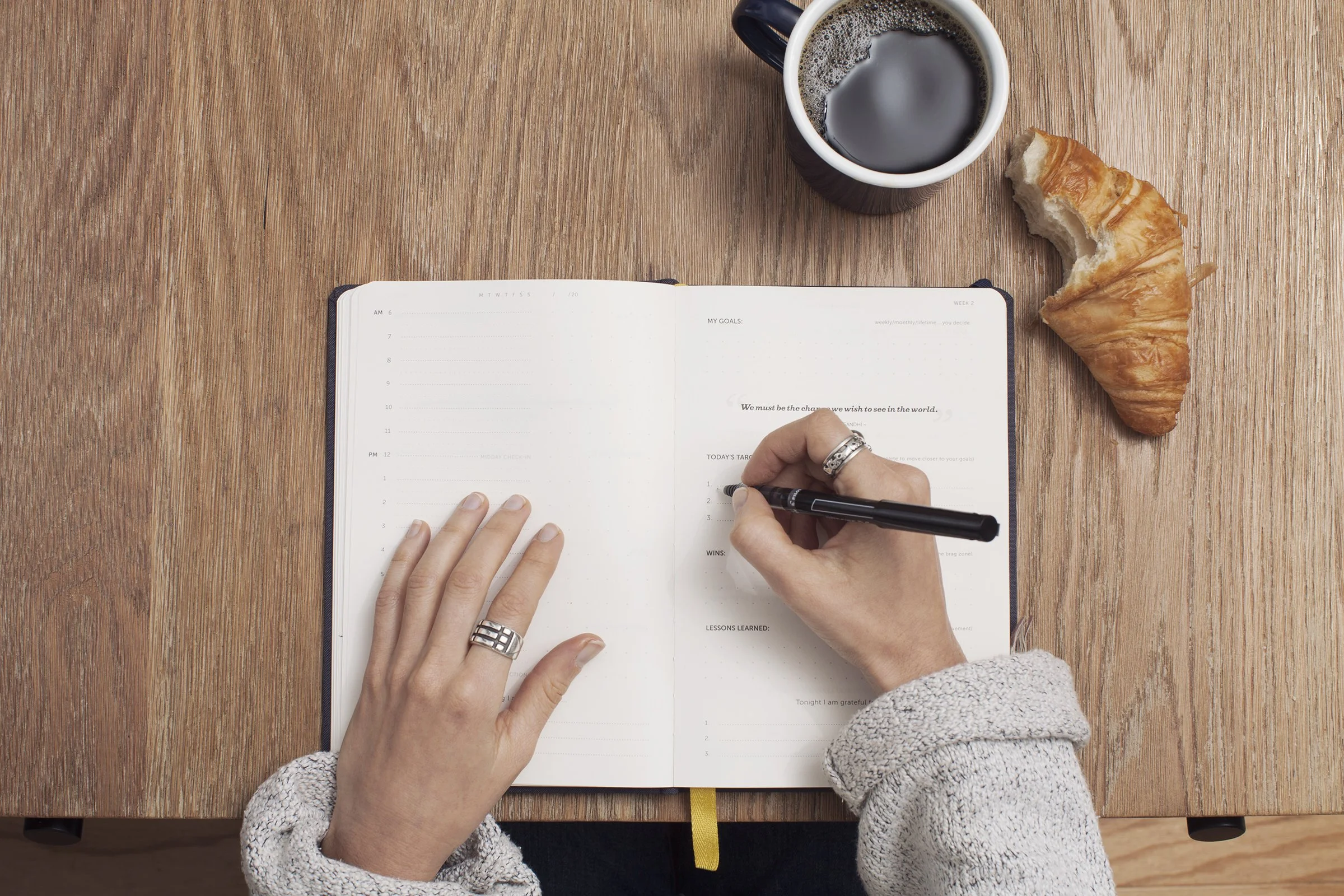6 Tips To Get The Most Out Of Therapy
There is something encouraging about leaving a therapy session knowing you’re making progress. Every session may not feel that way, however here are 8 ways to increase that likelihood and help you get the most out of therapy.
Have A Plan For Session
The purpose of therapy is to meet a specific need you have. It may be to provide support during a difficult time in your life or provide clarity around a situation.
Set Expectations
Before your first session write down areas you want to change in your life. Think about how long you anticipate change would take, and how you would define or know when change has occurred. By doing this step, you and your therapist have a common or mutually agreed upon starting point and a clear direction to head in.
2. Take Your Time
It can often be enticing to want to rush progress of sessions. Especially if the concerns are making you feel uncomfortable. It may seem counter intuitive, but taking your time easing into therapy can make sessions more productive since it provides space to get to the root of the problem instead of using energy to put out the most obvious fires.
Time To Reflect
Take time before and after each session to reflect. It can be a good idea to bring a dedicated notebook to therapy with you and jot down thoughts, feelings, patterns, and themes that come up during your session. Reflecting about your therapeutic journey can allow for you to get to the heart of the matter sooner and see tangible changes.
3. Be Cringy
I know! No one wants to be cringy these days. Feeling embarrassed or awkward can feel really uncomfortable. But guess what? If there is any place to be your most cringiest, therapy is it! First, the therapist isn’t judging you. Secondly, without true honesty and vulnerability you could risk stalling your progress.
Honest & Vulnerable
The therapist knows what you tell them. If you are bringing your representative to therapy, or leaving out details that may feel embarrassing or shameful, then you may be leaving out information that could be really helpful. Honesty and vulnerability is key to a successful experience.
4. Think of Therapy As A Mutual Exchange
Therapy isn’t just a one-way street. The therapist isn’t the only one in the room who has expertise, knowledge, and something to provide. In fact, when I work with clients, I operate with the belief that the client is just as much of an expert as I am. Only you know what will and will not work, what you have and have not tried, and how others will react to the changes you are wanting to make. So, don’t be afraid to guide the sessions by asking questions, give feedback, and challenge therapists’ suggestions.
Get Admin Tasks Out of The Way
It can feel a bit clunky when logistical tasks interrupt session. If you can, take care of payment, scheduling, and insurance issues either via e-mail outside of sessions or at the beginning/end of sessions. By structuring sessions in this way, you minimize distraction which allows you to concentrate and be more present.
5. Work Outside of Therapy
Therapy is incredibly helpful. But it is only as effective as you allow it to be. After all, it’s only one hour a week sessions. So if the only work on yourself is the one-hour-a week session, progress could be very slow going. Commit to working on something every week, whether it is noticing patterns, themes, behaviors, or interactions.
6. Find The Right Therapist
A therapist’s speciality and niche is important. It gives you a bit of an understanding on what types of clients the therapist has the most experience and confidence working with. However, finding the right fit doesn’t just end with that. There could be 10 therapists who specialize in anxiety for example, but they approach treating anxiety very differently. If the ‘vibe’ isn’t right, then it doesn’t matter how much expertise they have, the likelihood of experiencing successes is low.
Ask For A Consultation Session
Many therapists offer a free 15-20- minute consultation session. Feel confident in asking for a consultation before the first session. Ask all the questions that you may have during that time, and even beyond that, if you decide to move forward If, after a few sessions, you don’t feel the fit is good, end therapy and find a new therapist. It can be scary, but if there is any tip that feels like the most important, this one is it. A good working relationship can take you far. Read my blog on finding the right therapist for more information.
From One Human To Another, Be Well
-Melissa


